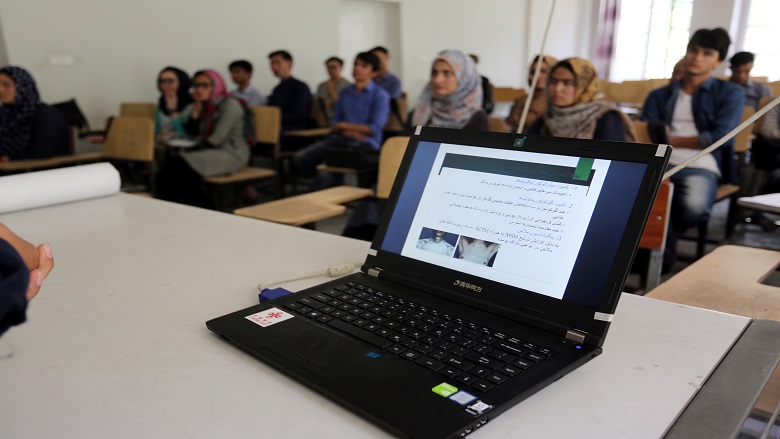KABUL CITY – . However, while the physical infrastructure has been in place, many lecturers have continued to follow traditional teaching methods. As a result, rote teaching tended to take precedence over critical and analytical thinking, limiting student progress.
“I have been a lecturer for 10 years now,” says Chaman Ali Hekmat, lecturer of English literature at Bamyan University. “Our traditional teaching method and lectures were teacher centered with us dictating lessons to students. We had less class activities and student learning rates were low.”
under the Higher Education Development Project (HEDP) aimed at mainstreaming modern teaching methods. Universities are required to nominate one or more faculty members to be trained in student-centered teaching and learning in workshops conducted by highly qualified and well-known overseas institutions. The nominated faculty members are then vetted by the Ministry of Higher Education (MoHE), which selects the candidates to be trained as master trainers.
, as well as improve its quality and relevance. It has been implemented by MoHE since September 2015, with funding support by the Afghanistan Reconstruction Trust Fund (ARTF).






